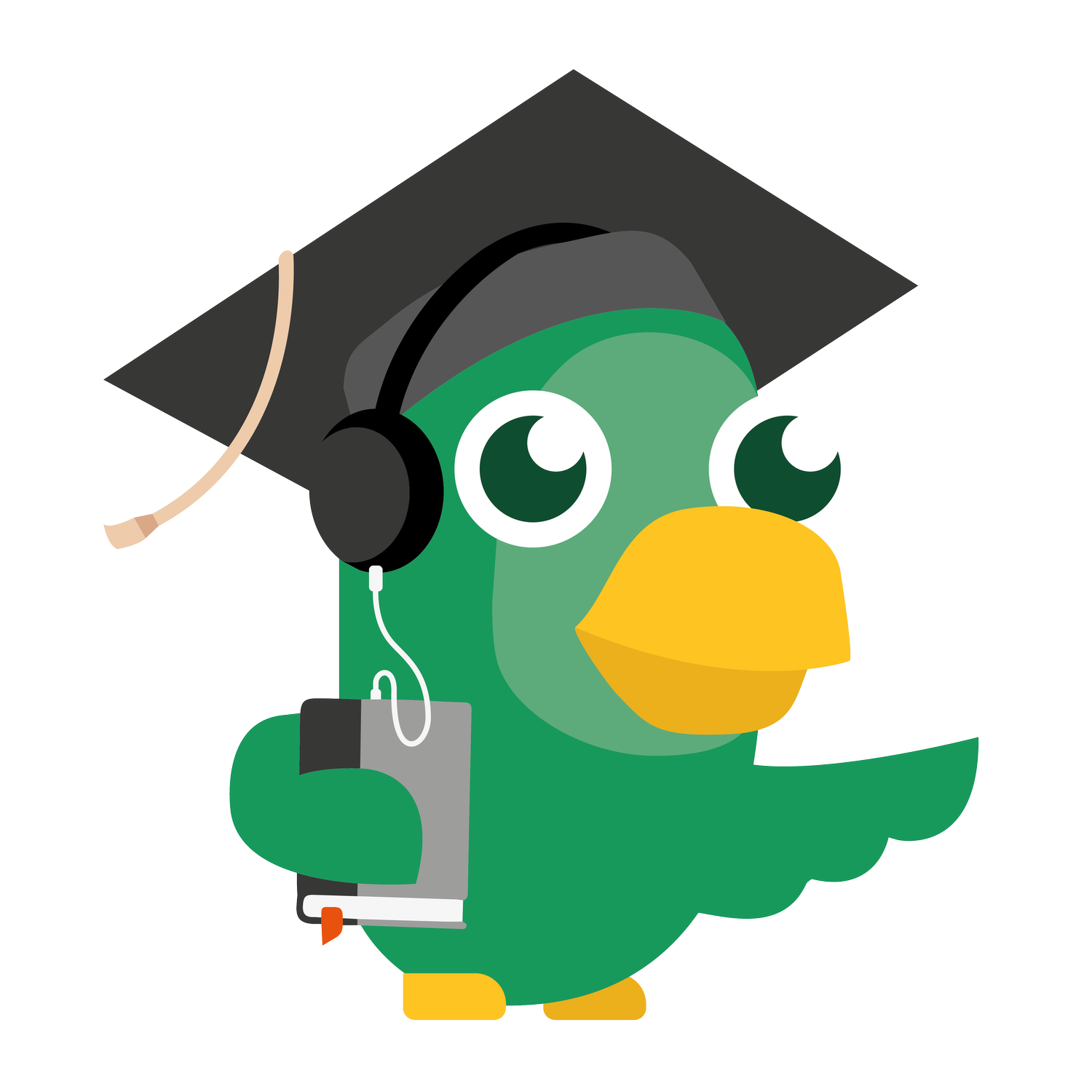5 ways to make your study sessions more effective
In one of his Wysers, educational specialist Barend Last tells us the ins and outs of how our brains learn new information, and how we can use this to study more efficiently. In this blog, we will outline these tips and tricks, and add some ourselves. So, if you want to learn how to study better, you’re in the right place!
Space out your sessions
Hundreds of studies have shown that repeating study-information in multiple shorter sessions over days, is way more effective than cramming it in one study-marathon (Kang, 2016). This is a phenomenon called ‘spaced learning’, and happens because when we repeat information over multiple days, we better transfer it into our long-term memory. Thus, next time you have to study a manual for work, or for an exam in uni, space it out in four 30-minute sessions over 4 days, instead of one 2-hour session.
Test yourself (properly)
In his Wyser, Barend tells us about how common study methods often trap us into thinking we remember something, even though we don’t. So, why is that? Well, he explains to us that when you study a text, and then reread the text later, you’ll recognize bits of it the first time you read it.
That’s why when you reread it, recognition tricks you into thinking you know the information. But when you’re asked what it means, you’re probably still unable to explain it properly. To avoid falsely feeling overly confident, you can test yourself with flash cards, or with questions where you explain answers in your own words, to really challenge yourself to test what you’ve learned.
Create
When we create products based on what we learned, like a mind-map or a set of test-questions, we think more deeply about the information, Barend tells us in his third tip: When using these active study methods, you’ll automatically question yourself what you’ve learned, what it means, and what the core message is.
You learn a lot by reading a text and listening to Wysers. But, instead of only reading and listening, add a fun way to create something from the knowledge you’ve gained, and maybe even share it with your peers. By doing so, you’ll analyse the material on a deeper level, to solidify the knowledge you gained through reading and listening.
Positive study-environment
Don’t make studying unnecessarily hard for yourself. Let’s skip the obvious: “make sure there is as little distraction as possible, and start on time”… What about the less obvious?
For one, Barend tells us the importance of celebrating the small moments of success. When you study, be proud of yourself. Celebrating small moments of success increases your self-confidence and motivation, and helps you study in the future.
Secondly, make sure you’re comfortable. Why not study outside when the sun is out? Or listen to a Wyser in the morning, while sipping coffee on your balcony? Research shows that studying outside increases your motivation (Dettweiler et al., 2017), so why not study in a comfortable place?
Get moving
Moving your body increases blood flow, which gives you energy and makes your brain perform better (Harvard Health Publishing, 2021). So make sure to give yourself a study-break every once in a while where you go for a walk, or do some cleaning. And if you really need this time to study? Then just combine it with listening to a Wyser.
So, what to do now? A simple start is to be honest to yourself: are you really studying effectively? Look at your own study-behaviour, to see what blocks you, and think of ways to remove these blockers. Then create a positive study environment, where you combine listening, reading, testing and a multitude of methods that challenge you to really think deeply about the information, in sessions spaced over time. Oh, and don’t forget to be proud of yourself!

